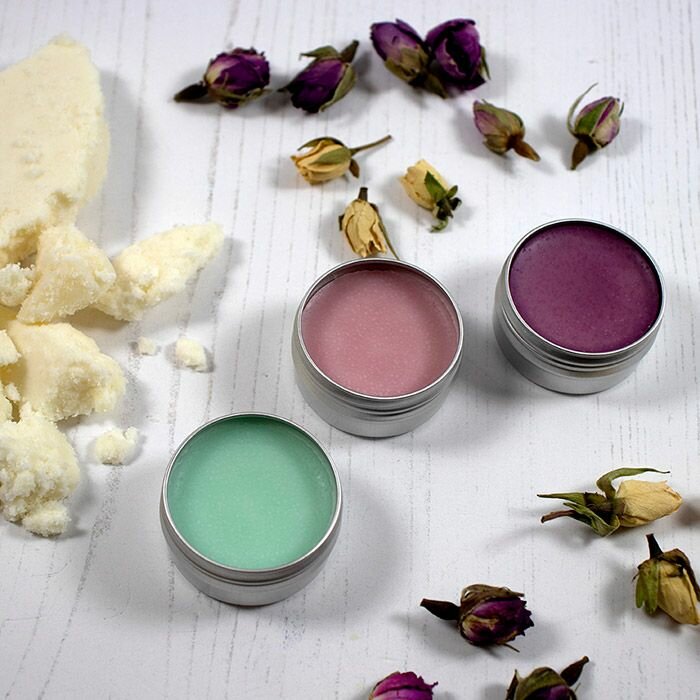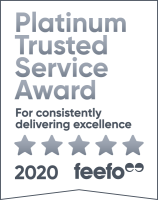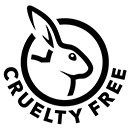Lip Balms, CPSR
Click here to view our, must read, CPSR Information.
We offer Cosmetic Product Safety reports (CPSR) in conjunction with a leading industry provider specifically for small scale producers of lip balms.
What do you get with a package?
We offer 6 variations of one base recipe. The base recipe needs to be 90% of the recipe and the variations make up 10% of the recipe.
So your base can be made using waxes, butters and oils etc
Each variation can include up to 5 different ingredients such as essential oils, colours, flavouring oils etc.
How much does a package cost?
The fee for a package is £180.00 (Inc VAT) which is £30 (Inc VAT) per each variation.
Are there any extra fees?
Please note, there may be additional fees depending on your recipe.
If you are using a mix of fragrance oils, or fragrance oils with essential oils, there will be a IFRA fee for this, this fee is to check these mixes remain safe to use.
There are no fees involved when using 1 or more or a blend of essential oils.
This is a fee of £18.00 (inc VAT) per mix.
Occasionally there are also exposure fees which the chemist advises on when they see your recipe.
How does the process work?
Once a package is purchased, we will send forms via email to fill out with your recipes and any relevant information, with this we also send a guide to assist with this. Please return this to us with any supporting documents, if using fragrance oils, you will need the IFRA documents for these also. We check these over before they go over to the chemist for assessment. If pre-made bases are being used – the INCI banding will also be required.
Please note: If no submission is made within 28 days we reserve to cancel your order with a full refund. If you’d like an extension, please be in touch with us and advise when you are going to submit your forms.
How long does this take?
Assessments take around 6-8 weeks, this process is lengthen if changes are required or additional testing is required.
Additional testing would be advised for items that contain water, such as anhydrous emulsions and lotions and also for home produced products such as honey and beeswax.
Are these valid throughout the EU and UK?
Yes they are. These assessment reports are compliant with 2013 EC regulations. However we now thoroughly recommend for all customers outside of the UK who purchase a safety assessment to also purchase a toxicological annex as well, as this will ensure there will be no obstacles for you in progressing with your business. If you are unsure of local regulations or are a resident of Germany and Slovenia, please check with your local trading standards.
What if I do not have 6 variations?
If you do not currently have 6 variations but would like to make a start on your assessment, the remaining variations can be added at a later date within 6 months of the assessment being complete it will be a one off admin fee. If you are adding a few at a time, it will be a fee for each time they are added so it is more cost effective to add all the rest at one time. If they are added after the 6 month period, it will then be a fee for each variation that is added.
Important information:
It is YOUR responsibility to prepare a Product Information File containing copies of MSDS, allergen lists and other required information to keep record of at your place of business. It is YOUR responsibility to ensure your product/s are always manufactured in a clean and safe environment. It is YOUR responsibility to ensure your labelling is correctly executed, which should include the full ingredient listing in correct INCI terminology for each variation of your product/s, together with suitable batch coding and contact information to you as the manufacturer.
If you cancel your order after 28 days and/or we have already received your information and started work on preparing your CPSR we reserve the right to charge an administration fee of minimum 20%.
We reserve the right to update, change, replace or discontinue any product at any time.
Please Note: Customers in France, Germany, Slovenia and Ireland will NEED to purchase a toxicological annex in addition to the report, as this is a legally required document for selling in these countries.
1. Pre-assessed product, manufactured by us, which does not therefore require further safety assessment, nor does it require the customer to keep their own Product Information File, but product should be batch labelled with the batch codes we supply with the product for traceability.
2. Affordable, limited, safety assessment packages (CPSR's) compliant with 2013 legislation developed in conjunction with an experienced industry provider which allow the small business/crafter to produce their own finished products using various 'packages' at affordable prices using product sourced from The Soap Kitchen and other EU based stockists.
3. Bespoke assessments, challenge testing, technical advice and on-going product support. These services are handled either by ourselves or via our retained consultants.
For those of you reading this page for it's informational content about compliance with legislation, we have given below a basic summary of how to comply with legislation as it currently stands and what it requires you, as the manufacturer of your own products to be doing, in order to be able to legally sell your products within EU member states.
The manufacturer (you) should prepare a Product Information File (PIF) which should contain all information regarding manufacturing method, ingredients, MSDS for all ingredients, allergen information, labelling detail, batch records and traceability. This file should be kept available for viewing by anyone requesting so.
Batches... Each 'batch' of product should be issued with a batch number and have full ingredients and origin of ingredients record written and kept for scrutiny if required. Batch numbers should appear on any product labelling to ensure it can be accurately linked to the batch information for traceability purposes.
Labelling... all product labelling should comply with INCI legislation, which states that the INCI names for ingredients should be clear and legible either on the product itself, or where not appropriate, maybe because of size or where a product is offered unwrapped, should be clearly visible at the point of display or on any over-packaging such as outer boxes or wrap. Ingredients should use approved INCI names for each one. Ingredients should be listed in descending order of weight as they are included in the manufacture of the product and should use the INCI names for each ingredient used. Ingredients of 1% or less concentration can appear in any order at the end of the ingredients. For a guide to INCI terminology for common ingredients see the PDF link on the product page.
Natural Soaps... for a naturally saponified soap, which would have oils and lye in manufacture, but would then not have any significant amounts of either oils nor lye remaining in the final product, the 'soap' ingredients are listed in approved terminology relating to the finished substances. E.G. Soap made from Olive Oil and Lye would be listed as 'Sodium Olivate'. There is no need to refer to oils as their INCI names nor to Lye (Sodium Hydroxide), as it is not present in the finished soap.
Allergens (sensitisers)... certain allergens present in many essential oils and fragrance oils must be included in the INCI labelling in cases where they exceed 0.01% in rinse-off products (soaps, shampoos etc.) and in 0.001% in leave-on products (moisturising creams etc.).
Product labelling should also include a 'point of contact' address for the manufacturer (you).
As well as the PIF and Labelling issues, there is a legal requirement for the manufacturer (you) to hold a safety assessment (CPSR) for the products you are selling if selling within the EU. A CPSR should be carried out by a 'competent' person and in choosing this person or organisation you should ensure that they are experienced in all aspects of the products you intend to sell and that they are backed-up by their own Professional Indemnity Insurance, which will be your protection financially if there should be any litigation brought against you should anyone experience an adverse reaction to any of your products.
Once completed, your assessment is valid forever. It does not require annual renewal. (Subject to any future legislation changes introduced in the EU)
Under the 2013 Cosmetic Regulations, before you place the product on the UK or EU market, you should also upload details of the type of product you are supplying, together with your name, company and address details via the Cosmetic Product Notification Portal (CPNP). You are also advised to contact your local Trading Standards Office. Trading Standards can provide fuller information on the legislation and how to comply. Their services are FREE and their specific advice on labelling can be very useful.
THESE GUIDELINES ARE BASED UPON OUR OWN EXPERIENCES AND UNDERSTANDING OF THE LAW AS IT CURRENTLY STANDS IN THE U.K.








